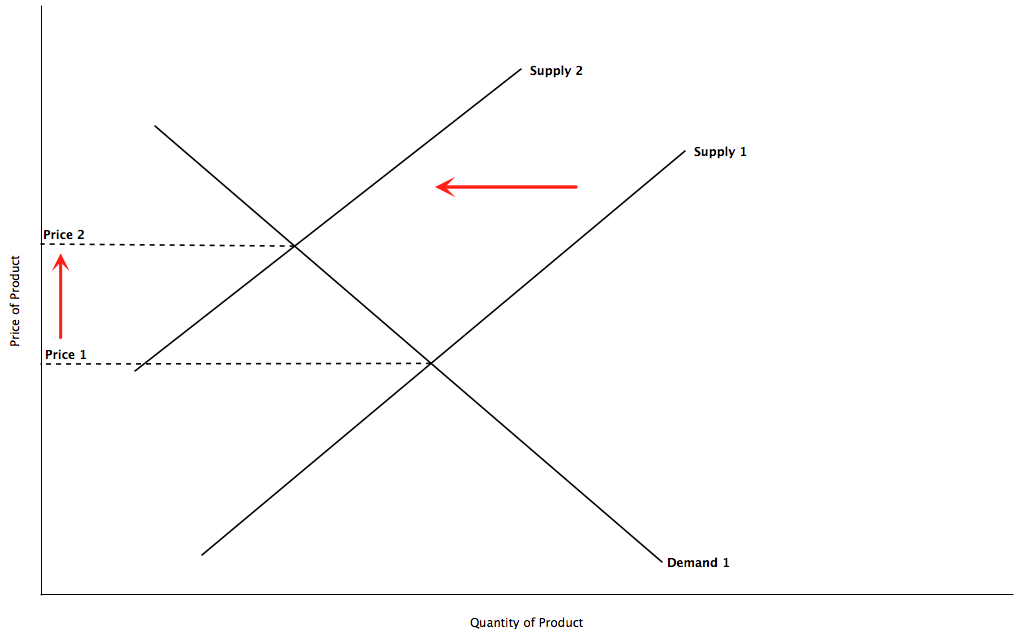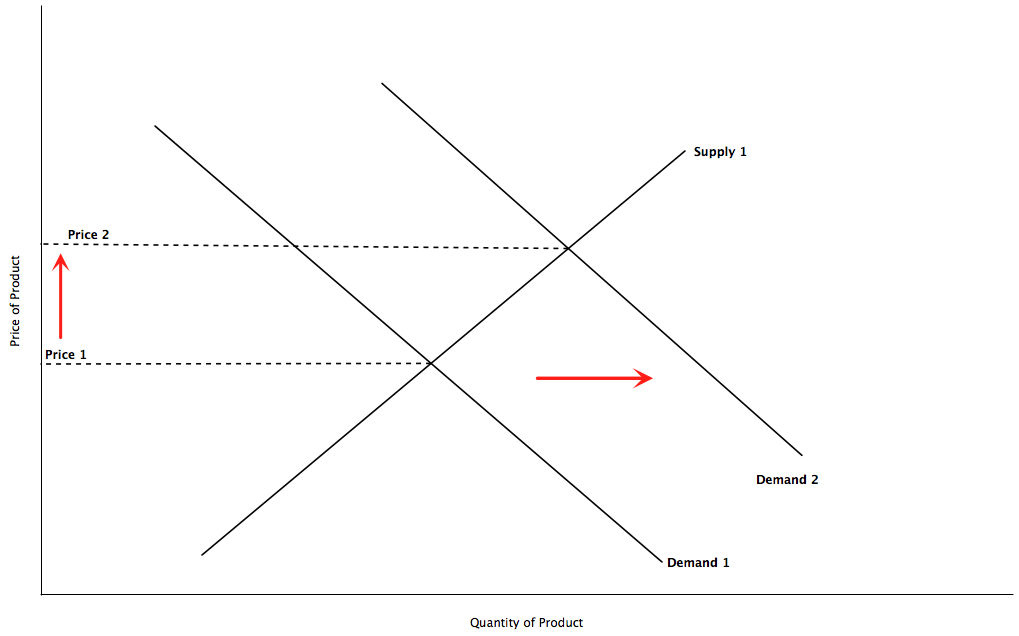When someone thinks of economics, the concepts of “supply and demand” often spring to mind. But, it can be easy to misuse the terms. Take this article from The Dish discussing the factors influencing the price a woman could receive for her donated eggs, which features this reader’s submission (emphasis mine):
I seriously considered donating my eggs as a way to pay off some grad school debt. I knew from the frequent ads in my undergrad newspaper (a prominent liberal arts school) that there is a high premium not just for the characteristics of being tall, slim, and with high SAT scores, but also for being Jewish – especially on the mother’s side since the ethnicity is traditionally matrilineal. Based on what I saw at the time, I could get about 40% above average (an extra $3K+) just for being ethnically Jewish.
It was interesting to think about my genes as high-priced commodities in this way – both flattering and uncomfortable. But it certainly makes sense in economic terms that low supply leads to high demand. And in this case, it’s not just a matter of wanting a baby that looks like you (as with the ad you posted specifying a Caucasian donor), but of wanting a baby that is part of your culture in a very deep and irreplaceable way.
Demand represents all of the factors which may influence buyers’ willingness to purchase a product, such as buyers’ levels of income and preferences. Supply represents the factors which contribute to forming a seller’s reservation price (the minimum price a seller would be willing to accept for that product), such as the seller’s cost of production. Given these factors, we typically combine supply and demand to determine the quantity of the product which will be sold in the market, and the price at which it will be sold.
Therefore, claiming that some change in supply (“low supply”) has a direct impact on demand (“leads to high demand”) is misleading. In the context of the above quote, two explanations come to mind:
•The contributor probably means “low supply leads to high prices for the product,” which is consistent with the fundamentals of economics (see below). The less willing a seller is to supply a product, the lower supply is. If women are generally reluctant to donate eggs, this would increase the price donors could receive (with all else constant).
•The contributor could also mean that “the product is in high demand because of a perception of its scarcity” which would also lead to a high price for the product (see below #2). In general, if consumers have a preference for a product, because the product has some valuable characteristic, this would lead to high demand. This could occur if consumers value having a product which few others have (this is often referred to as the snob effect.)
In the case of the market for women’s eggs discussed above, either effect could be at play – but my money is on the first one. Regardless, to say that “low supply leads to high demand” misinterprets what supply and demand capture and how they interact. So, take caution when throwing the phrase “supply and demand” around!


